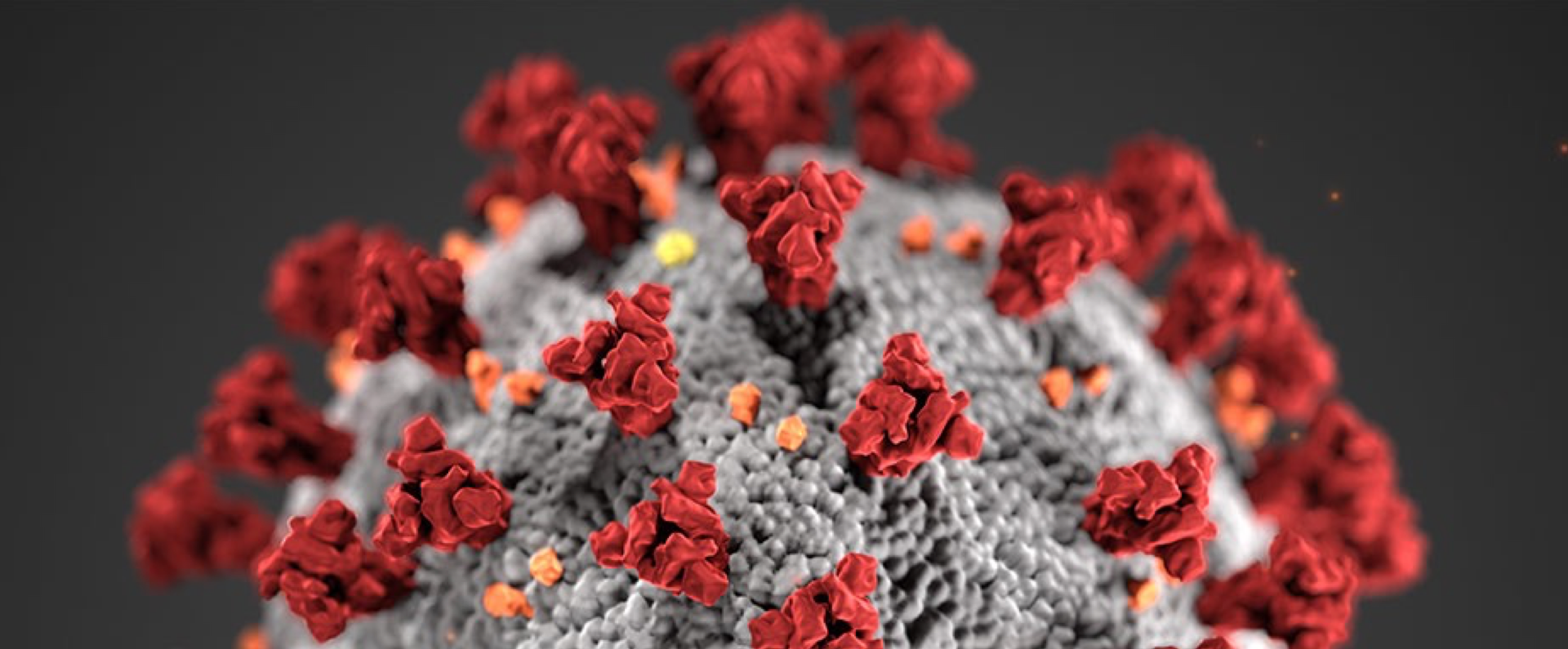Living a Pandemic: You Belong to Me, I Belong to You
A friend mused today that walking around Manhattan feels like being on the set of the movie I Am Legend, except that he was a little chagrined not to be *quite* as buff as Will Smith. I mean, who doesn’t want to be as fit as Will in his 2007 movie that tells the story of a plague decimating humanity? But that longing aside, it’s disconcerting to walk the streets of the busiest city in the world and hear only…silence. Rattling subway cars and abandoned restaurants, empty playgrounds, and the best parts of New York living: neighbors out on the front stoop, chatting with strangers at the dog park, impromptu music or a friendly chess game on the sidewalk as dusk settles. All of it now, tensely...quiet.
This phenomenon is due to growing fear—panic, even—about the spread of the Corona virus, COVID-19. And it does not seem that we are overreacting. It’s bad and it looks like it will get worse before it gets better. Most of us have not lived through a pandemic like this—where exactly do you learn the skills survive these uncertain times? And, it’s abundantly clear that we’re not getting accurate information from our leaders, and especially here in the US it seems the best advice anyone can offer is “wash your hands.” (Which, by the way, we all should have been doing anyway.)
We don’t really know what this pandemic will mean or even what would happen if we actually got sick. And that makes us, understandably, really afraid.
Like everybody else, I’m worried about this virus and the economy and what will happen to people who are among the most vulnerable, but I think my biggest concern is the fear that seems to be motivating so much of what’s happening around us. I say this because it has been my observation that when we humans are afraid, we don’t tend to be on our best behavior, if you know what I mean. Fear makes us turn inward, focused on self preservation. Our fear of being hurt, of not knowing what’s ahead, or not having enough, of getting sick, of death, even...these fears make us self protective in a way that risks the well being of our neighbors. Call it survival of the fittest or just plain human nature...but it’s not good for anybody.
In effect, this crisis seems to be creating two general “meta categories” of response: first, there are those of us who have responded to the fear of this time by assuming a posture of self protection, prioritizing survival over everything else...and everybody else. And second, there are those who pause, step back to see the big picture, and remember that we belong to each other, that my well-being is directly dependent on your well-being. This response knows that our work in this moment—our response to our fear—is to care for our neighbors.
It seems like caring for our neighbors in this moment means taking precautions that go beyond washing our hands. Caring also includes following recommendations for quarantine, checking on vulnerable neighbors (by telephone or FaceTime, avoiding large gatherings, canceling those gatherings if you have the power to do that)...and as this pandemic unfolds, constantly ask ourselves: how do we make every decision about behavior with the health and well being of our neighbors first and foremost?
In the Christian tradition we’re in the middle of the season of Lent, 40 days leading up to the celebration of resurrection, Easter. It seems curious to me that one of the assigned Biblical texts for this week is Psalm 23, probably one of the most common and well-known passages in the Hebrew scripture—even for non religious folks. You’d probably recognize some of these phrases: “The Lord is my shepherd, I shall not want. He makes me lie down in green pastures; he leads me beside still waters; he restores my soul...even when I walk through the valley of the shadow of death, I fear no evil. Because you are with me; your rod and your staff they comfort me…. Surely goodness and mercy shall follow me all the days of my life...”.
The assignment of this Psalm seems just right for these uncertain times:
We are not alone.
We do not have to give in to fear.
We belong to each other.
And truly, the powerful promises of these ancient words are actualized in the way in which we choose to manage our response to these days in which we’re living.
The questions to ponder in this moment are: will we surrender to something even more dangerous than a worldwide pandemic: the devastating power of fear? Or, for comfort and reassurance, companionship and sustenance, life, even, we will have the courage, goodness, and mercy to turn toward and care for each other?
(The amazing folks at Vennly have published an audio version of this reflection. Vennly is an amazing spiritual resource you can access by membership. Use this code to try it out for a free month.)
